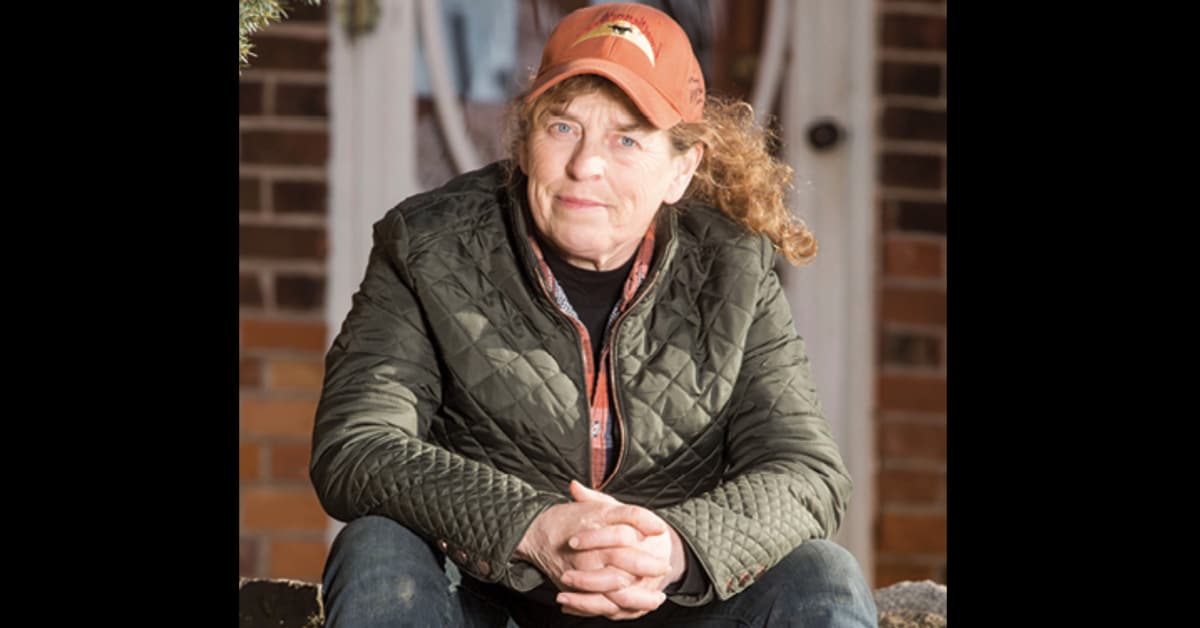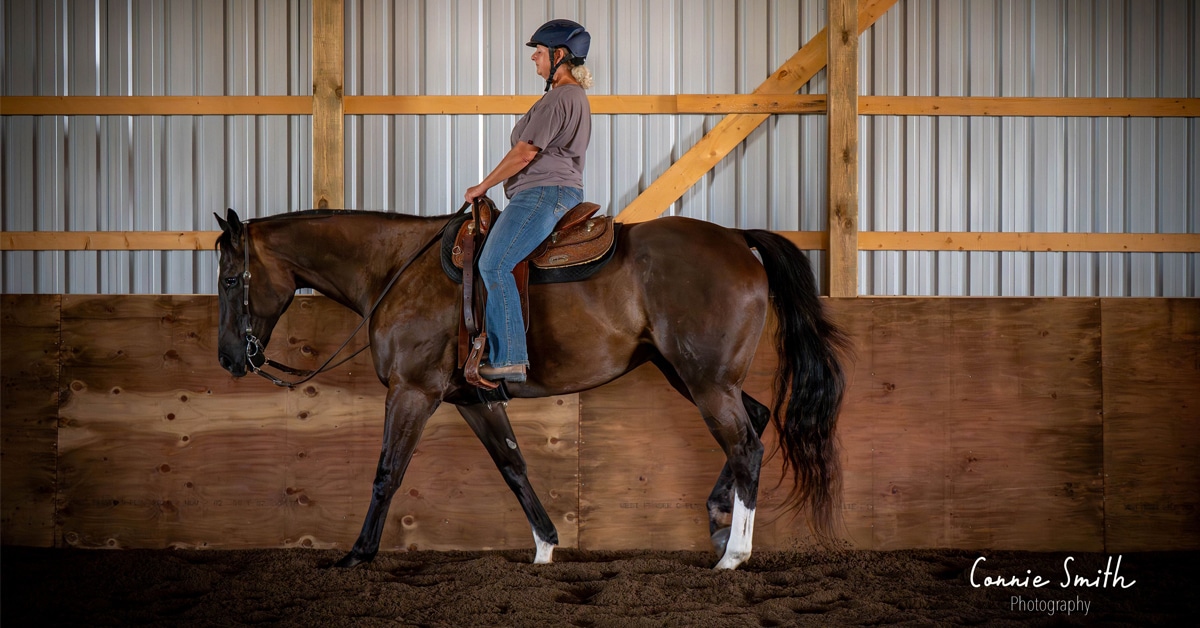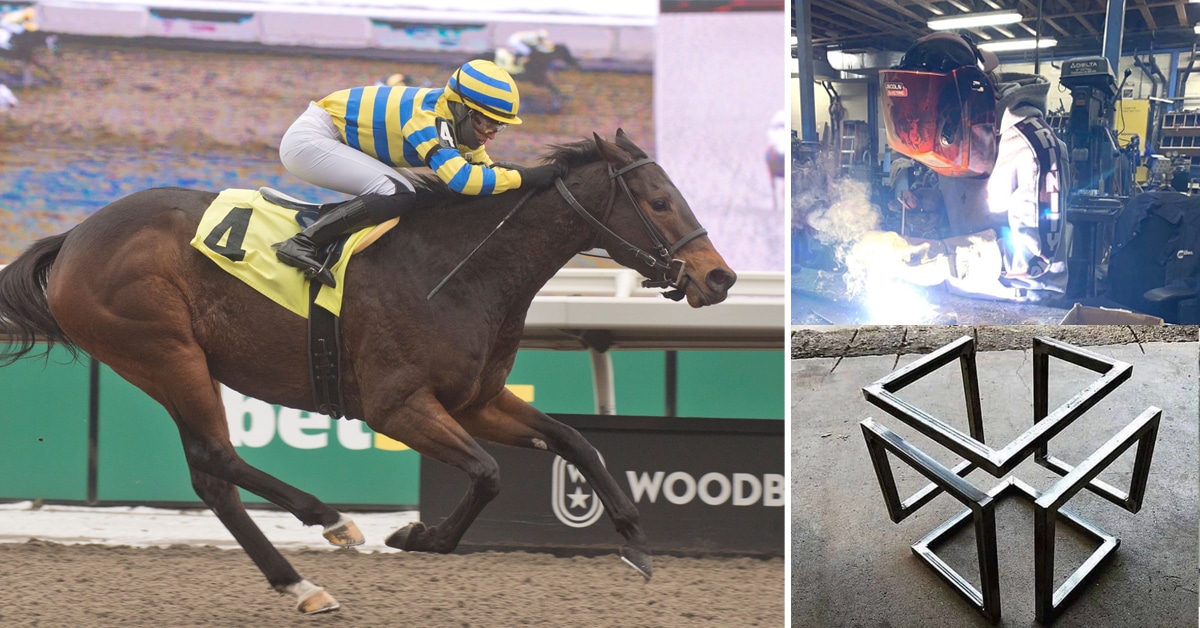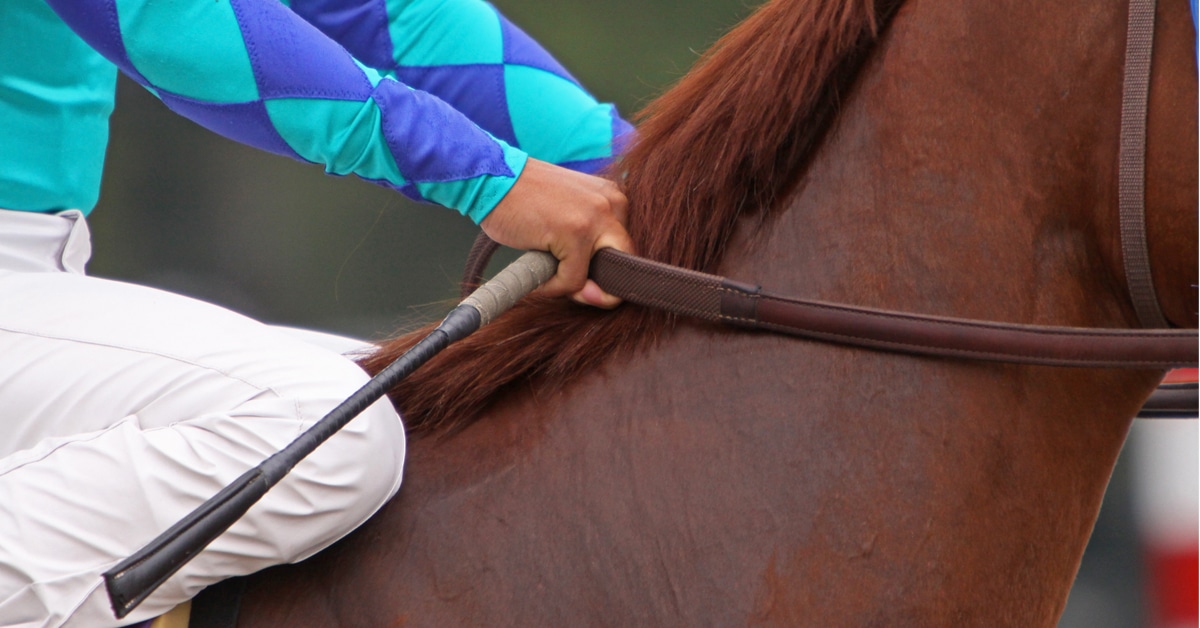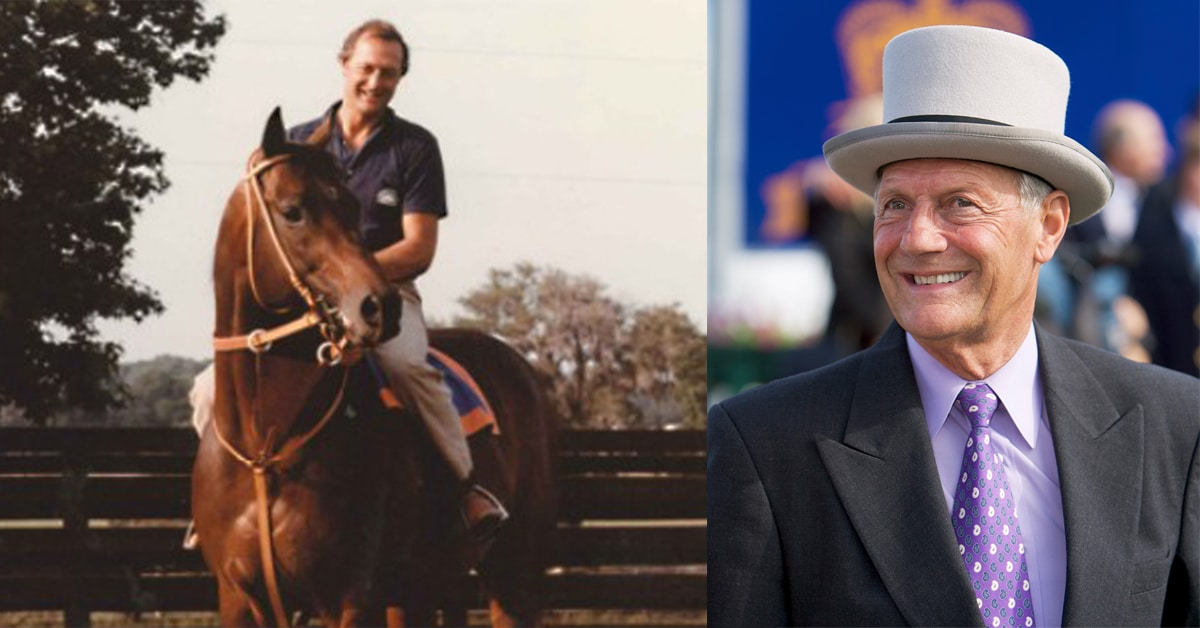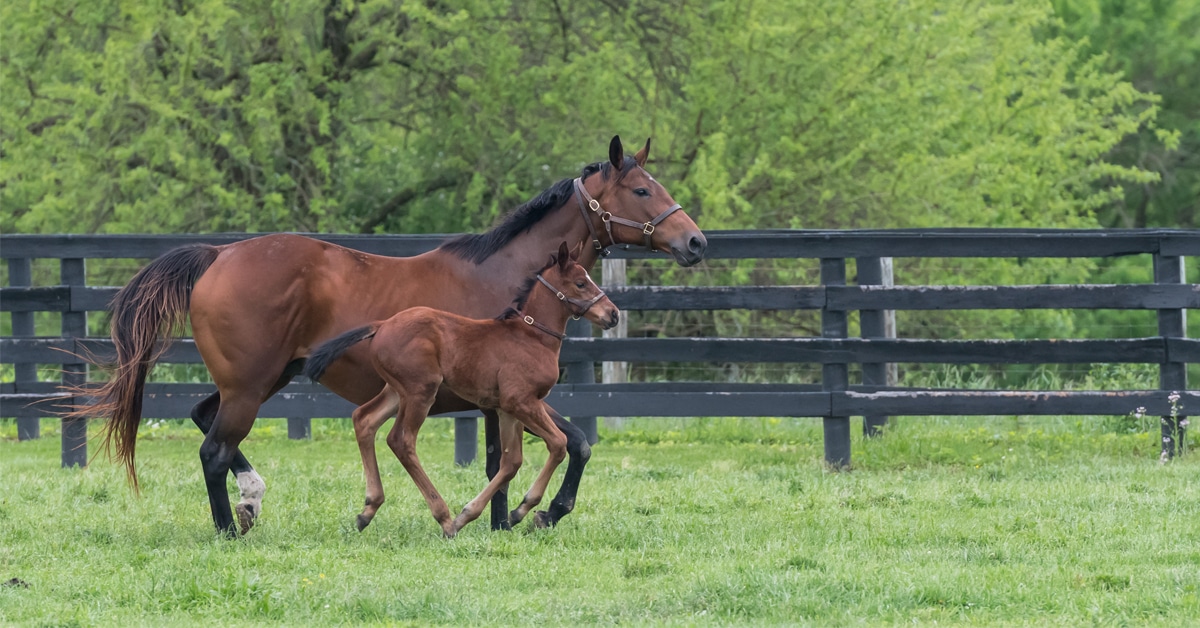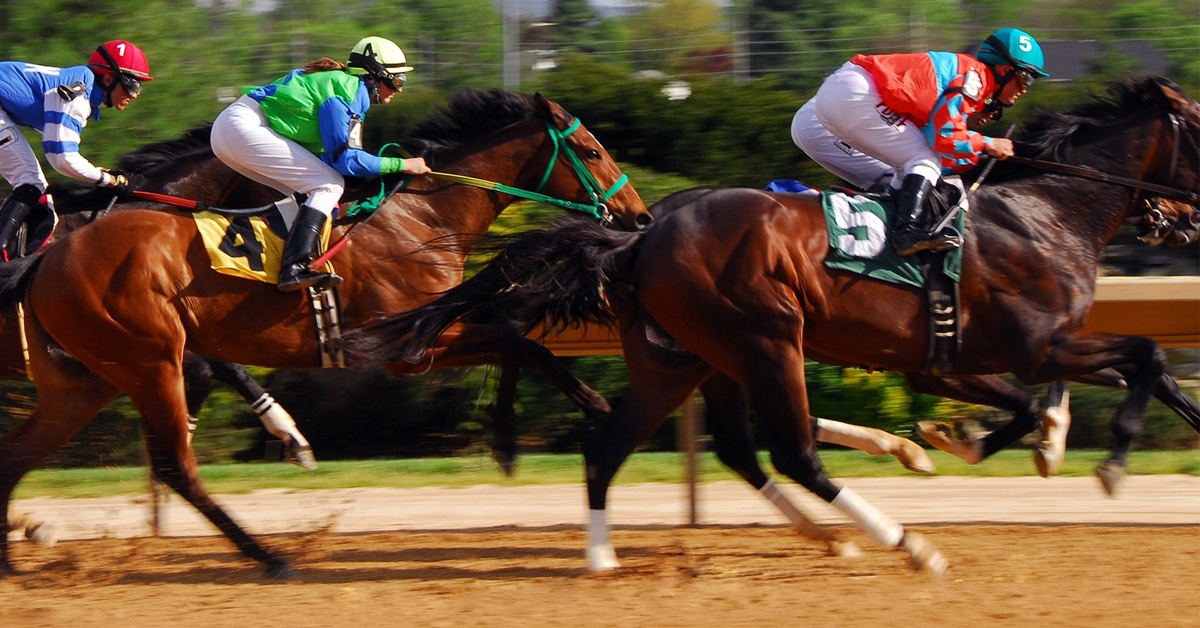The following excerpt is taken from The Turcottes: The Remarkable Story of a Horse Racing Dynasty by Curtis Stock, with permission from Firefly Books Ltd. Order your book today; available both online and in book stores.
***

Ron (Turcotte) and Reggie (Pelletier) — their breaths billowing into the cool, damp days and under skies that are as unsavory as cold porridge — try to find work everywhere, but nothing beckons. A hat shop. Department stores. Lumberyard. Hotels and restaurants. Doors knocked on. Doors closed. Nothing.
When Ron asks if there is any work, the response is always the same. One look at his boyish looks and 5-foot 1-inch height, and the boys are both quickly waved away. “We don’t have any jobs for kids,” is the common rejoinder. A foot taller and 30 pounds heavier than Ron, Reggie soon becomes the one doing the inquiring.
After three weeks, the best they have been able to do is wash dishes for meals.
“How is it going?” the boarding house landlord asks one day. As little as he sees them and with their weekly rent always coming in on time, the landlord assumes they both must be working.
“No good,” says Ron. “We can’t find a job anywhere. We’re almost broke. I don’t know how much longer we will be able to stay.” The admission wounds him.
“Well, why didn’t you say something before?” says the landlord, who tells the boys that his son owns the Union Bait Company. “I’m sure he can find you work.”
“Just tell us when and where,” the boys say, never bothering to ask what the work is or how much it will pay.
Rising, the landlord picks up a small red book from a table near the phone. Putting on his glasses he dials a number.
“Tomorrow at 10 p.m.,” says the landlord after a brief phone call. “A truck will come by and pick you up at the corner of Bloor and Bathurst.”
The first smiles in weeks crease the boys’ faces.
“What do you think the job is?” asks Reggie.
“Who cares,” Ron answers.
When they show up the next night, a long line of dour faces has already formed. They wait in a broken single file, shuffling their feet back and forth, tracing the cracks in the pavement.
“Must be a big company,” Reggie whispers.
At 10 p.m. on the dot, three open-backed vans arrive. But only half of the men are selected to get in. The rest, Ron and Reggie included, are turned away. Hands crunched into their pockets, they watch the red taillights disappear into the darkness.
Rejected one more time, promise and anticipation leak away, like rice trailing from a rip in a burlap sack. But if growing up in New Brunswick has taught them anything, it is perseverance. The next night, they show up at 8 p.m. and claim a spot close to the front of the line. Then squeezed between 30 or 40 men, Reggie and Ron feel every bump as the large truck drives through the night air.
No one speaks until Reggie breaks the silence.
“So, what kind of work are we going to do?”
A couple of men snicker. Finally, one of them says, “Worms, boy. You pick worms.”
Reggie turns to Ron, his eyes like a wound-up jack-in-the-box ready to jump out of his head.
“We do what?” Reggie whispers into Ron’s ear.
Ron shrinks, lowers his head.
A few minutes later, the truck jolts to a stop, and the men are let out at a golf course. Someone hands them a miner’s headlamp, four tin cans and four thick rubber bands. They are told to strap the cans to their legs. One of the cans is three-quarters full of a sticky hazel paste that Reggie at first thinks is lard.
“Pine resin,” corrects Ron. “I guess it’s so the worms don’t slip away.”
Neither sure what to do next, the boys glance around and see the other men dip their fingers into the paste, shine their lights into the grass and then comb the blades with their gummy fingers.
In the eerie quiet night air, they hear worms plop against metal.
Eight hours later, the sun driving the night crawlers under- ground and the golf course about to open, another truck pulls up, picks up the men and takes them to a tin warehouse, where the worms are counted.
With the sparks of matches flashing and tiny red dots of cigarette ash glowing with sucked-in air, again they line up.
As he waits, Ron closes his eyes and spies his flat dreams. They came to Toronto full of hope, and now here is Camille cashing in empty bottles, and them cashing in worms. Camille gets 2 cents a bottle; Ron and Reggie get $3 for a thousand worms.
At the bottle depot, the empties are packed away into wooden crates. At the Union Bait Company, the worms are packed — 500 to a box — into a mixture of peat moss where they will be bought by commercial fishermen.
Reggie mutters, “Maybe we should go back home.”
Ron doesn’t reply. His silence says it all. Every time he calls Camille the answer is always the same: the strike drags on even as the calendar rolls into May.
Between the two of them all the boys have left is $4.12.
On the first Saturday of May 1960, Ron and Reggie hesitantly write letters home, saying they are coming back. They will start hitchhiking on Monday.
Deflated, the fates having conspired to deal another busted straight, Ron descends the stairs of the rooming house. The landlord is sitting in a chair rocking back and forth in front of the television.
“What are you watching?” Ron asks.
“What am I watching?” the landlord responds. “Why it’s the greatest horse race in the world: the Kentucky Derby!”
“What’s a derby?” says Ron, who has never seen a racehorse, let alone a racetrack.
The horses are about to enter the starting gate.
“Sit down,” says the landlord, motioning to an empty chair. “See that horse right there? That’s Victoria Park. He’s a Canadian horse. I saw him run at Woodbine a few times last year. He broke the track record a couple of times. Won the Coronation and the Cup and Saucer.
“Now he’s running in the Kentucky Derby against the best three-year-olds in the world,” continues the landlord, whose name, to this day, Ron can’t remember.
“E.P. Taylor owns him. You know who E.P. Taylor is, don’t you?”
Ron shakes his head no.
“Good gracious. Where have you been living that you don’t know E.P. Taylor?” the landlord says, explaining that E.P. Taylor is a Canadian business tycoon, investor and philanthropist.
“There he is again,” the landlord says almost in a shout, wagging his finger at the image of Victoria Park on the screen. “Looks good, doesn’t he?”
At least Ron can agree with this. Victoria Park is a fine-looking animal. Ron has lived with horses all his life, but never one that was all tucked up and muscled like the ones on the TV screen.
A bell sounds. “They’re off,” the landlord trills. “Come on, Victoria Park. Run! Oh, why won’t that jockey let him run?”
Victoria Park, as usual, languishes during the early going on a dull and cool afternoon at Louisville, Kentucky.
“There. Now he’s coming! Come on, boy. Run! Keep going!” Ron is cheering too, even as the landlord has stopped clapping. Venetian Way wins. Victoria Park’s charge is too late; he finishes third.
“Ah well, that’s not so bad,” the landlord consoles himself, knowing this is the first time a Canadian-bred horse ever placed in an American Triple Crown event.
There is a pause as the landlord looks at Ron.
“You know,” he says, sizing the young man up. “That’s what you should be doing. Lose a little weight and you could be a jockey.”
“A what?” says Ron, to which the landlord’s jowls shake between roars of laughter.
“A jockey. The little boys in the white pants. Those are jockeys,” the landlord tells Ron, adding he should go to the track. “I hear they are always looking for help. It’s got to be better than picking worms.”
Ron hurries to find Reggie.
“We’re going to be alright,” he says. “We’re going to the race- track tomorrow. The landlord says we are sure to get a job there.”
Like Ron, Reggie knows nothing about horse racing, but he too is familiar with horses. Reggie’s grandfather owned three teams of draft horses; a few times Reggie had even been given the reins.
“So, tell me again about this thing about jockeys,” says Reggie.
The next day they are at Greenwood Raceway — “Old Woodbine” as it is being called — the Toronto trolley car dropping them off at its last stop.
A guard quickly turns them away. Wrong racetrack, he tells them. The thoroughbreds are at the “New Woodbine,” which opened four years ago in 1956.
“Head to the other side of the city,” the guard says.
Early the next morning, they take another streetcar, this time the right one heading the right way.
The backstretch of any racetrack is a compound hiding its mysteries behind tall, wired fences or concrete walls. Guards are posted at every entrance. If one didn’t know any better, a first glance might suggest a prison. To get into the backstretch you need a license, which Ron and Reggie certainly don’t have.
But this time, for once, luck is on their side. A trainer driving in to work sees the boys walking up the long, winding, crush- stoned road to the backstretch behind the racetrack.
“Need a ride?” asks the man, who tells them he trains a few horses.
“Yeah, we’re going to try and get jobs,” says Ron. “You wouldn’t need any help, would you?”
The man shakes his head.
In a few seconds, a guard is leaning his face into the driver’s window. “Everyone got their passes?” he asks, to which the driver flashes his parking sticker and license.
The guard nods, backs away and raises the crossing gate.
The car continues on what is now a dirt road until it stops at the racing secretary’s office.
“Go in there and tell them you’re looking for work,” the trainer says.
For whatever reason, Jimmy Irvine, an assistant for the Horsemen’s Benevolent and Protective Association, doesn’t ask the two teenagers how they got into the backstretch and doesn’t send them back where they have come from. Instead, Irvine rises from his chair and leads them across the road to barn 5A. This is the Windfields’ barn: the barn that houses horses owned by E.P. Taylor, the barn that is the Montreal Canadiens of Canadian horse racing and the barn where the great Gordon “Pete” McCann, who started Victoria Park on his way, trains. The very fine-looking Victoria Park that Ron saw race just two days ago in his landlord’s living room.
It is a set of circumstances that could never be duplicated. Ron comes down the stairs while the Kentucky Derby is on TV. His landlord happens to love horse racing. A trainer offers Ron and Reggie a lift and gets them into the backstretch. And Ron ends up at E.P. Taylor’s barn, of all places. It is a billion-to-one superfecta.
One day ends. The next one begins. They fall like dominos. On May 9, 1960, the dominos are finally in the right place.
“Got a couple of boys here looking for work,” Irvine says to Joe Thomas, the manager of E.P. Taylor’s exploding racing operation. In his hounds tooth jacket, tie and hat, Thomas always looks like he is setting out on a fox hunt.
“Thought maybe you were looking for some help,” Irvine adds. Crooking an eye, Thomas peers over his pipe at the two boys. A groom is just making his rounds, leading a horse that still has steam curling skyward from its sweat-soaked chestnut hair. Thomas takes the shank — part of the bridle — out of the groom’s hand and gives it to Ron.
“Take him for a walk,” says Thomas. “Just keep turning left.” Just like that Ron has a job. He is a hot walker, someone who cools out a horse after a race or a morning breeze by walking the horse for miles. Ron’s pay is $35 a week.
Reggie finds his way to the track kitchen. It is just after 10:30 a.m. It is rush hour for the kitchen as most of the day’s work at the track is already done: the horses exercised, fed and watered, and the stalls plumped with fresh straw. Impatiently shuffling their feet, trainers and grooms want their eggs, toast, pancakes and coffee.
A lanky man in pressed blue jeans and worn tan boots demands to know what the holdup is.
“Come on, Sharkey,” he bellows at a rotund man inside a grease-stained smock. “What’s the problem? I’m going to have to order dinner with my eggs this morning if it takes any longer.”
“Yeah,” chime in a few others. “Move it, Sharkey.”
On the other side of the aluminum counter, where burgundy trays slide past glass windows revealing puddings, Jell-O, fruits and sandwiches, Sharkey Bianco, is bent over a grill where bacon pops like rain drumming on an aluminum can. He doesn’t look up.
“Yeah, yeah. Can’t you see we’re going as fast as we can,” says Sharkey, scraping a metal spatula under eggs while continuing to bark orders at two other harried cooks.
Sharkey is wearing his white fedora and a pinstriped suit with lapels wide enough to land a 747.
“Damn help. One of the cooks didn’t show up this morning.” Reggie’s ears perk and he makes his way closer to Sharkey.
“I’m looking for work. You need some help?”
“Ever work in a kitchen before?” asks Sharkey, even now barely lifting his head.
“Sure,” says Reggie, as Sharkey grabs two plates of ham and eggs and half throws them onto the counter.
Reggie is about to keep talking, just about to explain how he had worked as a cook’s helper in a lumber camp, but Sharkey is already on to the next question.
“Know how to make an omelet, peel potatoes, flip bacon?” Yup, says Reggie, three times.
“Here then,” he says throwing an apron at Reggie.
“Atta boy, Sharkey,” claps the tan boots. A few others break into half-hearted applause.
Ron holds a leather shank; Reggie, a potato peeler. Both have work.
Ron’s job comes with a cot in a tack room; Reggie stays in a room above the kitchen. It is the first night in months that both boys sleep with smiles on their faces.
The Latest
